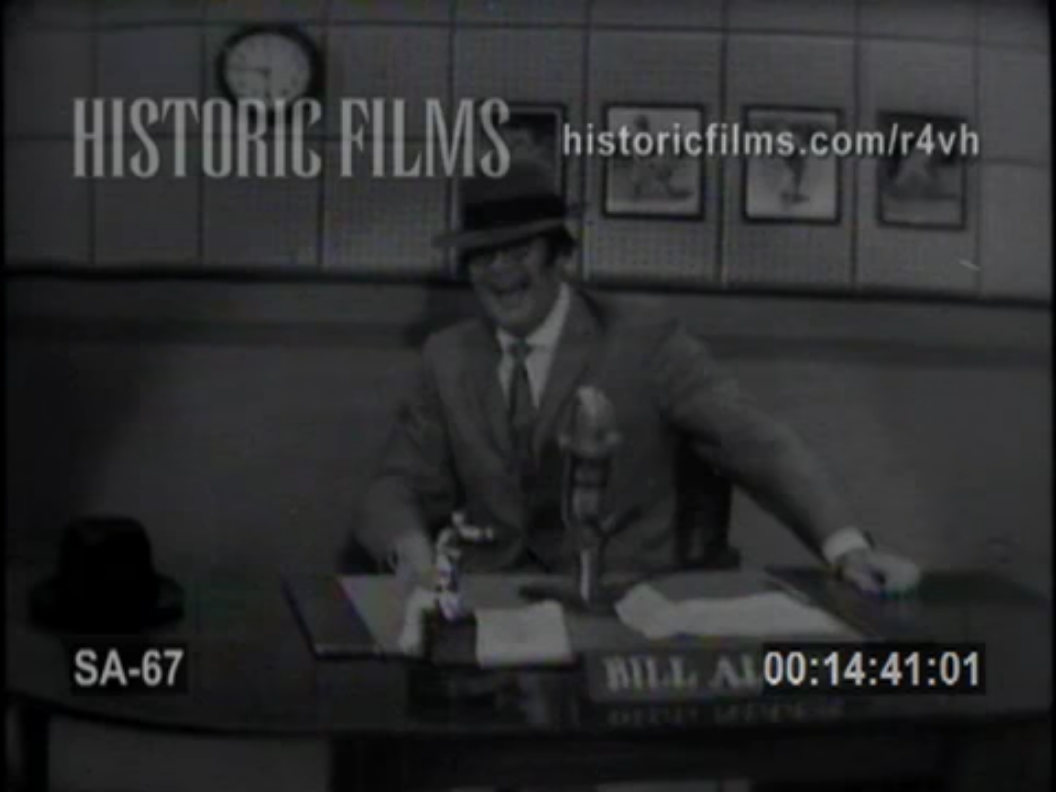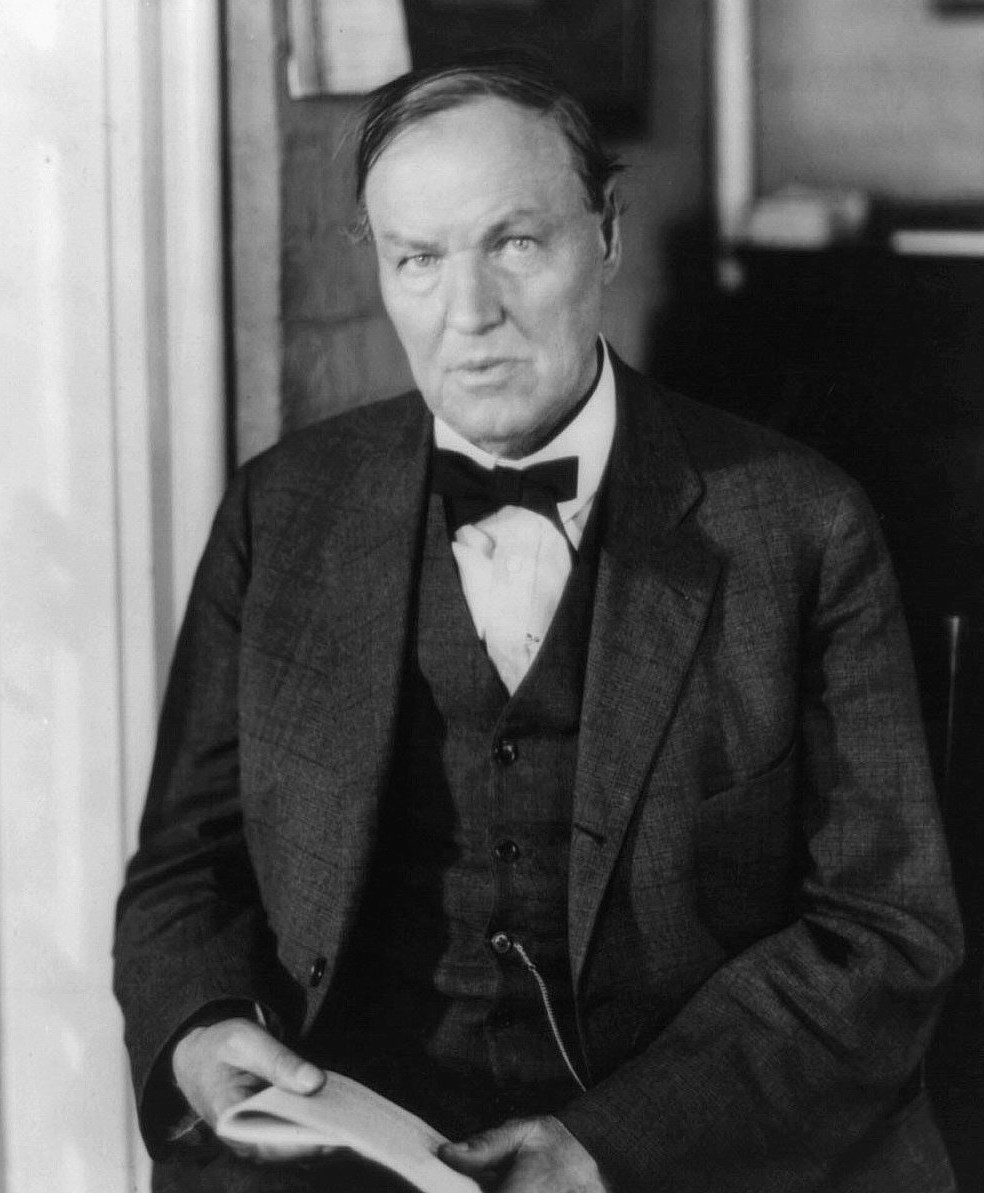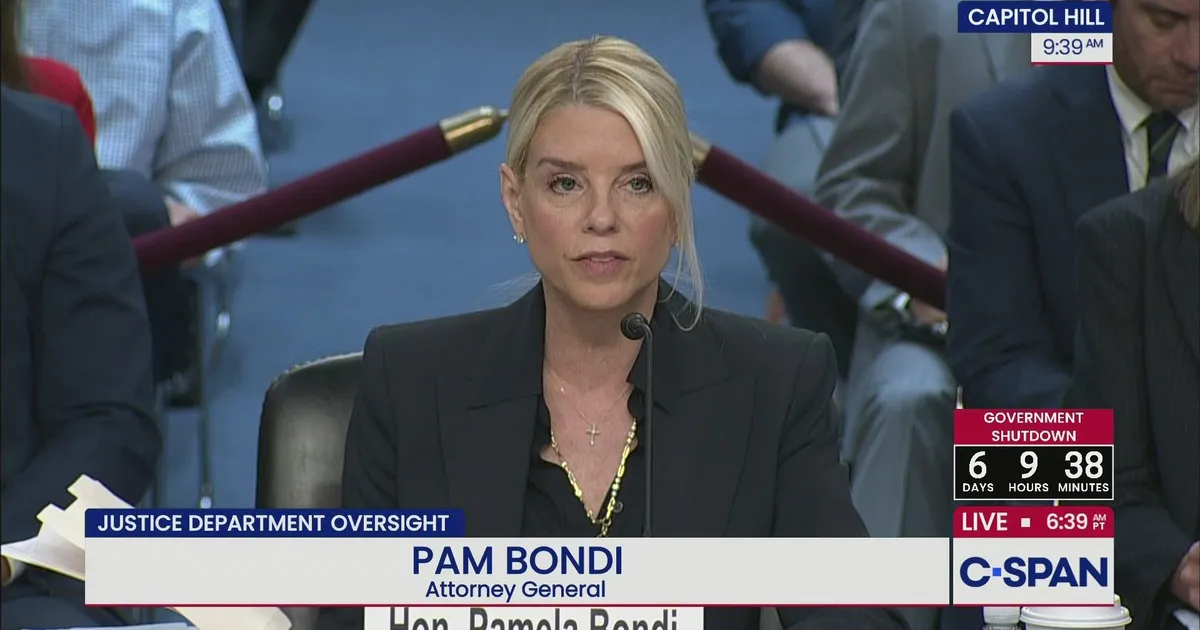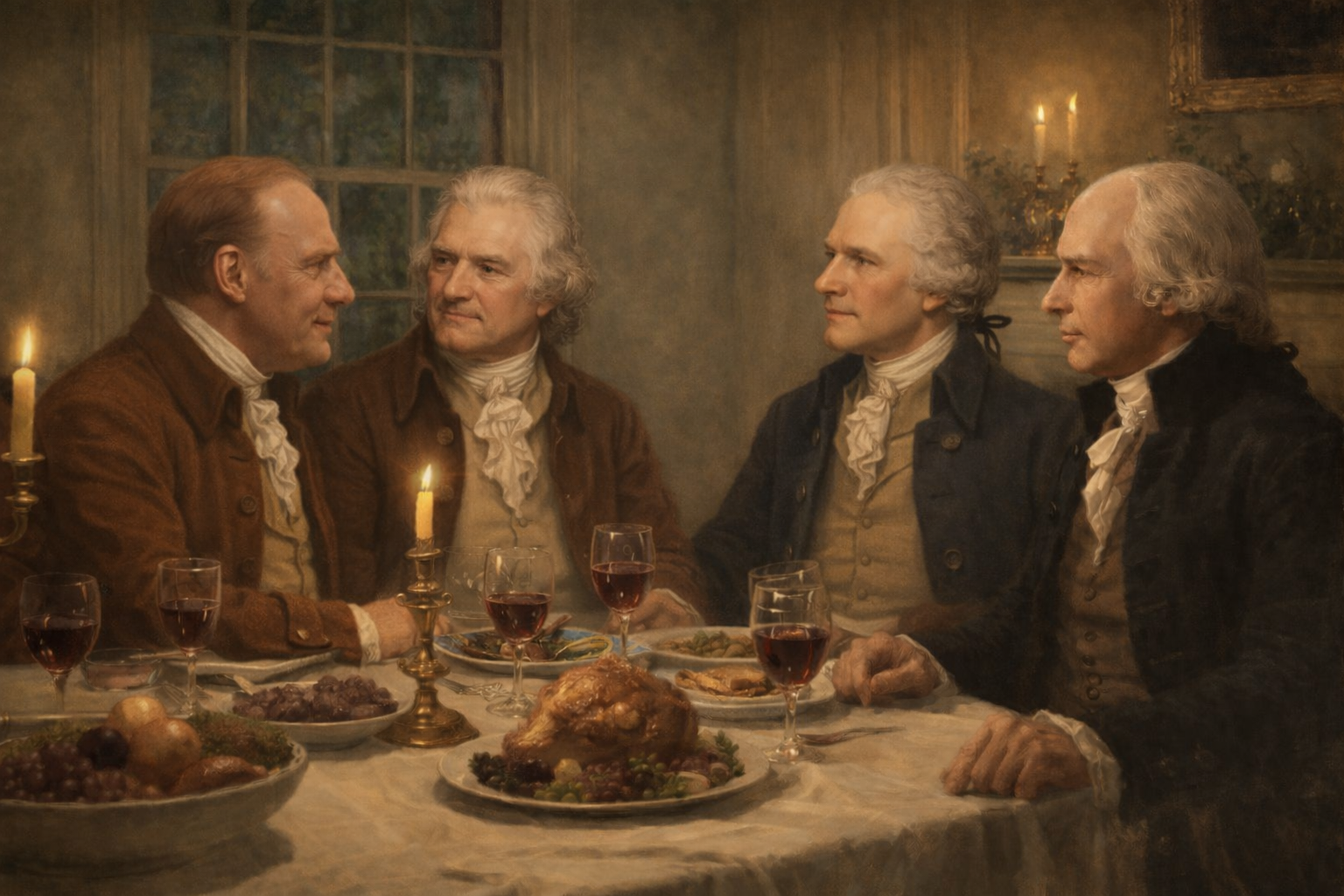In this excerpt from “Shameless,” I discuss 60s talk show confrontationalist Joe Pyne.
In 1966, I sat before a TV to watch a strange, new kind of entertainment unlike anything I had ever seen before. It began like this…
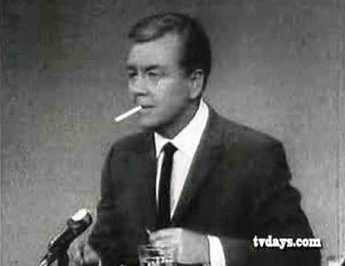
“The Joe Pyne Show, a fascinating forum of funny, famous, infamous, way out, and factual confrontations and interviews with real people… what you are about to see… has delighted audiences into thinking while they are being entertained…”
Sitting behind a plain desk on a non-descript set sat a chain-smoking ex-Marine who lost his leg in World War II. Joe Pyne had a gift for provoking anything and anyone provocative, (something not lost on Bill O’Reilly). Indeed, Pyne’s mission was – borrowing the words of Chicago-based writer and humorist Finley Dunne – “to comfort the afflicted and afflict the comfortable”; although most times, Joe preferred the latter.
Joe Pyne stood against racial discrimination, hippies, homosexuals, feminists, The Ku Klux Klan, and The American Nazi Party. He stood for the Vietnam War, labor unions, and the little guy. In fact, Pyne often began his show with a segment called “The Beef Box” where he would invite anyone from his studio audience to step up and “state your beef.” However, as his audience quickly discovered, Pyne could turn on them as easily as his guests if he didn’t agree with a particular gripe.
When an elderly gentleman steps into the dock to declare his resistance to the war in Vietnam – amid the cheers of many in the audience – Pyne shoots back, “Should we then throw a big block party for the Chinese Reds?”
Pyne’s colorful and combative shorthand consisted of “meathead,” “jerk,” “dummy,” or “jackass.” A more multifaceted oeuvre would have to include “Get off the line, you creep!” “Go gargle with razor blades,” and my personal favorite, “I could make a monkey out of you, but why should I take the credit?” In a verbal duel between Rush Limbaugh and Joe Pyne, my money would be on Pyne (if I could find anyone who would bet against him). In fact, Pyne could take down Coulter, Limbaugh, and Beck without working up a sweat.
When Stanley Kohls, a representative of the West Coast Chapter of The War Resister’s League, argued that the conflict in Vietnam was a waste of men and resources, Pyne wasted no time hammering the guy, at one point calling Hiroshima and Nagasaki “the greatest thing that ever happened.”
However, nothing cut to the chase faster than Pyne’s signature line usually reserved for extremists: “TAKE A WALK!”
But Pyne’s show could easily turn from the outrageous to the outrageously funny as when he interviewed the founder and High Priest of the First Church of Satan.
“Anton Szandor LaVey,” Pyne intones, “uses, as a credo, this timeless quote: ‘Remember, evil backwards spells live.’ ”
The audience roars.
Then, there’s this exchange between Pyne and James Moseley, co-founder and editor of Saucer News, who talked about the planet Clarion.
“Joe, the problem about Clarion,” Moseley says matter-of-factly, “it’s situated in such a way that you can never see it. Of course, I don’t guess you’ve heard of Clarion.”
“Oh, yes, I’ve heard of Clarion,” Pyne says smiling at his audience. “There was a man here, one day, who said he was King Jack-E from Clarion who had his space coupe parked down the street and couldn’t get his money exchanged.”
One apocryphal story concerns a battle of wits between Pyne and composer-musician Frank Zappa. Pyne insulted the self-styled opinion-maker when he looked at Zappa’s hair and concluded, “So, I guess your long hair makes you a woman,” to which Zappa allegedly replied, “So, I guess your wooden leg makes you a table.”
Although the Anti-Defamation League accused Pyne of pandering to bigots, his audience loved him. Outrageous, belligerent, and self-righteous, Pyne was way ahead of Rush Limbaugh, et al.
“I’m not a nice guy and I don’t want to be,” Pyne told Time magazine in a 1966 interview. “Why should he,” Time wrote, “when being so nasty makes him so popular?”
However, the most prescient statement came at the end of that review from Pyne himself: “The subject must be visceral. We want emotion, not mental involvement.”
And guess what we got?
Comments
